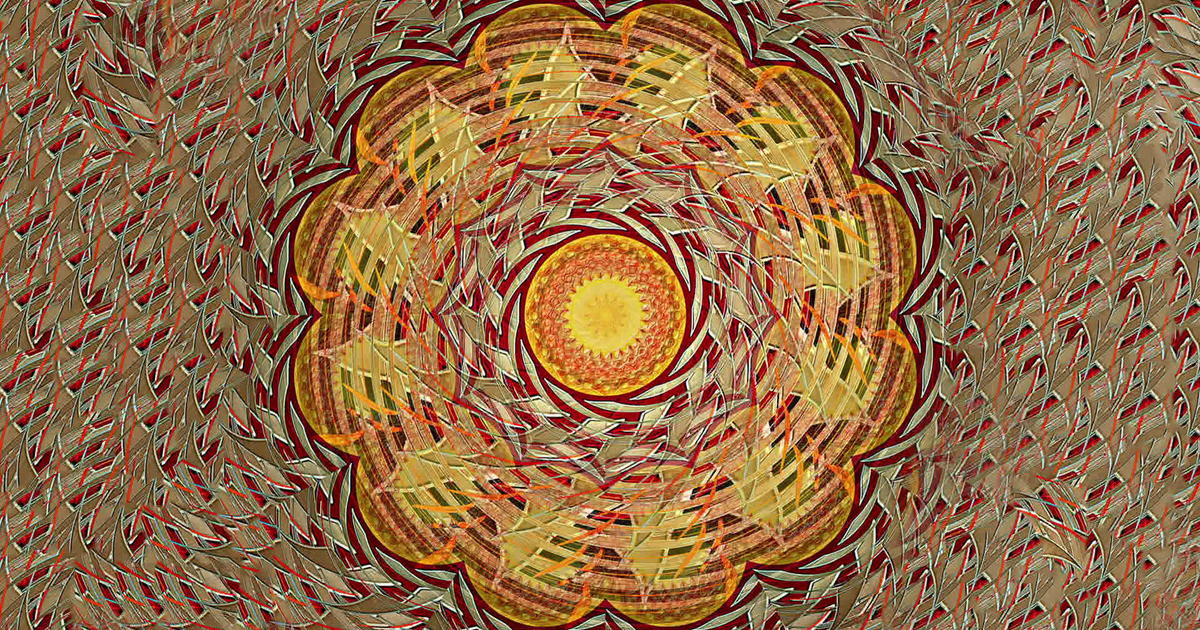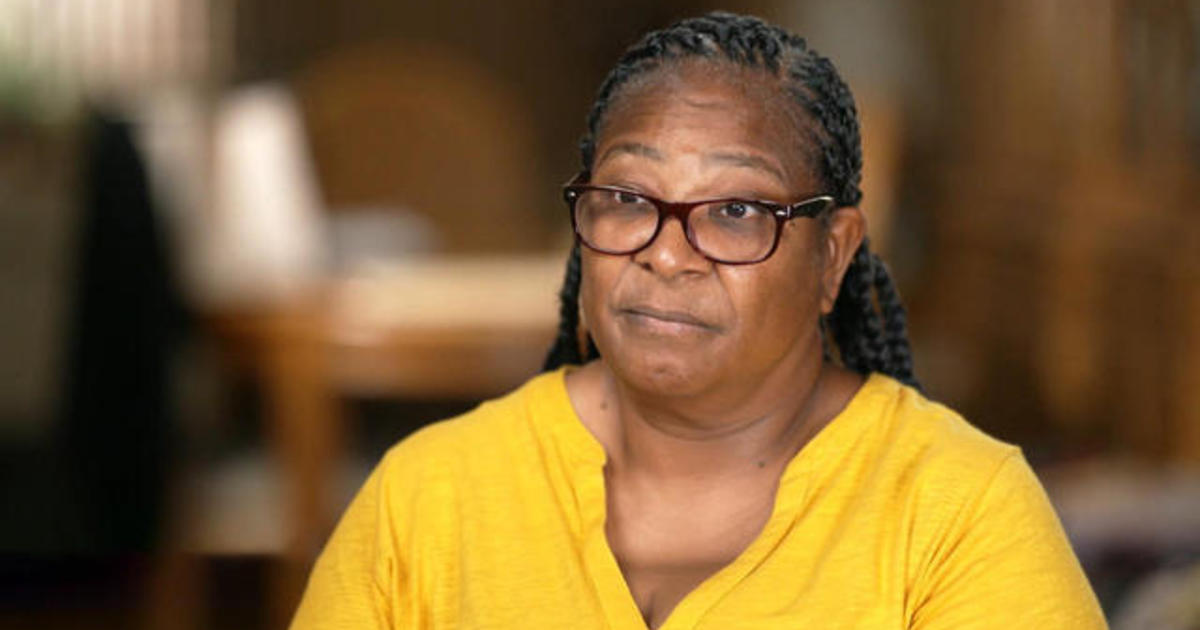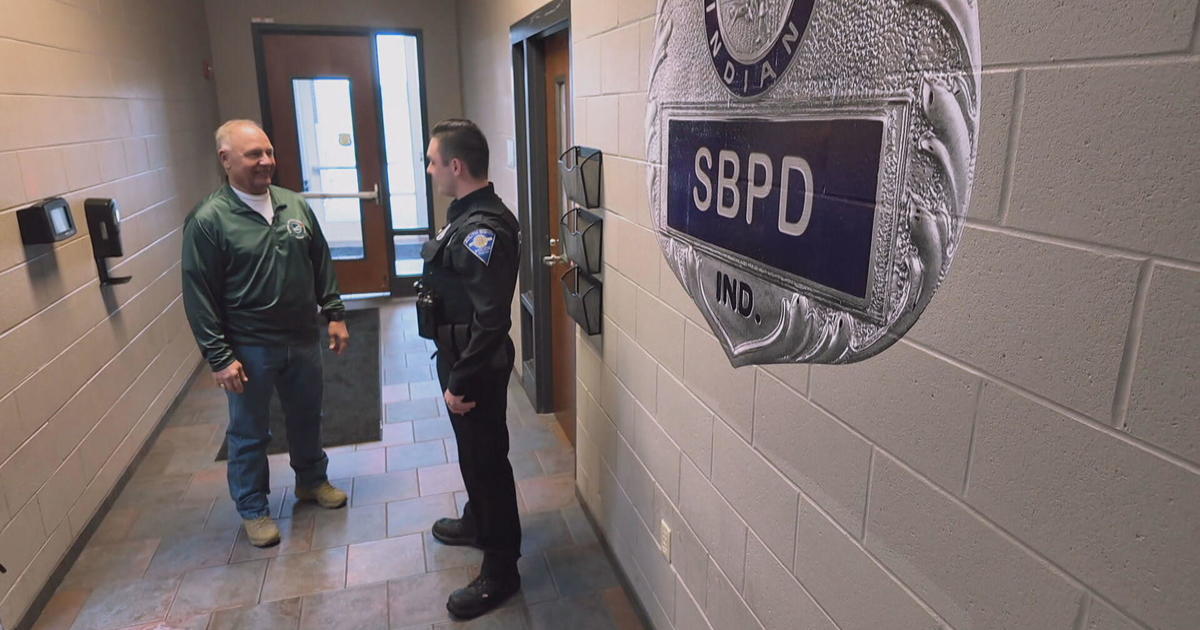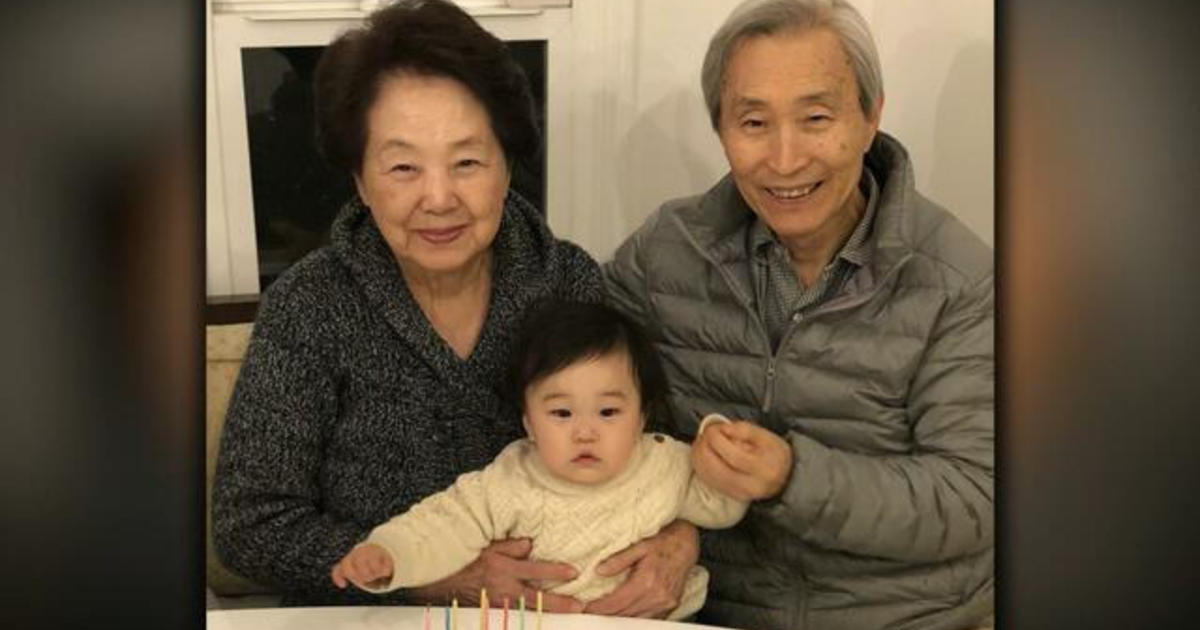ICYMI: Top takeaways from this week's "Face the Nation": DOJ's top cop denies systemic racism
This week on "Face the Nation", as Americans push to end the racial divide, there is frustration and lack of unity between the people and our leaders on how to get there.
Here's the big takeaways from Sunday's episode of "Face the Nation" with Margaret Brennan
1. Barr: Active-duty troops should only be deployed in U.S. "as a last resort"
- Attorney General William Barr on Sunday defended the Trump administration's decision to have active-duty troops at the ready to respond to protests in Washington, D.C., saying the military should only be deployed to U.S. states and cities as a "last resort."
- What Barr said: "Our position was common, which was that they should only be deployed as a last resort," Barr said on "Face the Nation," referring to the stance he, Defense Secretary Mark Esper and Chairman of the Joint Chiefs of Staff Mark Milley took regarding the use of active-duty troops in the U.S. to quell protesters in the nation's capital.
- Rice however, was strongly opposed: Asked if she would ever advise President Trump to use the active-duty troops, Former Secretary of State Condoleezza was adamant against it: "I would absolutely advise against it, particularly at this time...the National Guard's the right answer. Our military isn't trained to do this. Our military is trained for the battlefield. And this isn't a battlefield in that sense."
- A tale of two stories: The Trump administration has come under criticism for its handling of the demonstrations in the nation's capital, sparked by aggressive efforts by law enforcement outside the White House on Monday to clear Lafayette Park.
- Federal officers used pepper spray and rubber bullets to forcefully disperse the protesters, most of whom were demonstrating peacefully, and after the area was cleared, Mr. Trump walked from the White House to St. John's Church. Barr accompanied the president on the walk across the empty Lafayette Park and stood beside Mr. Trump in photos outside the so-called "Church of the Presidents." Barr on Sunday rebuffed the suggestion that the protesters were peaceful, noting that 150 officers had been injured in the last week alone.
- What Barr said: He said the efforts to move protesters was "not an operation to respond" to the crowd, but rather to move the perimeter around the White House by one block. Barr said the actions by law enforcement were appropriate once officers "met resistance."
- "Police have to move protesters, sometimes peaceful demonstrators, for a short distance in order to accomplish public safety, and that's what was done here," he said.
- On systemic racism in policing: As "defund the police" has become a rallying cry for many demonstrations across the country, AG Barr argued that the law enforcement system in the U.S. is not systemically racist.
- "I think there's racism in the United States still but I don't think that the law enforcement system is systemically racist. I understand the- the distrust, however, of the African-American community given the history in this country. I think we have to recognize that for most of our history, our institutions were explicitly racist. Since the 1960s, I think we've been in a phase of reforming our institutions and making sure that they're in sync with our laws and aren't fighting a rearguard action to impose inequities," Barr said.
- Why this matters: CBS News reported that in a contentious Oval Office meeting on Monday, the president demanded the military deploy 10,000 active duty troops to U.S. streets after protests against police brutality erupted from coast to coast. But some of Mr. Trump's top officials, including Barr, Esper and Milley, objected to the president's demand, a senior administration official told CBS News. In an effort to address Mr. Trump's request, Esper and Milley urged the nation's governors that day to activate the National Guard in their states.
- Barr characterized the "last resort" as needing to "restore order in a situation that is out of control and where life and property is endangered."
2. Rice to Trump: "put tweeting aside for a little bit"
- Former Secretary of State Condoleezza Rice urged President Trump to take a break from Twitter and focus instead on fostering dialogue with the American people amid the swelling movement in support of racial justice and ending police brutality.
- What Rice said: "People look to the Oval Office as we've looked to the Oval Office throughout our history for messages, for signals, and as I said, the president has used some language that I really very much admire, like the 'resilience of the American people,'" Rice said on "Face the Nation" in an interview that aired Sunday. "Just be careful about those messages. I'm not advising the president, but if I were, I would say let's put tweeting aside for a little bit and talk to us, have a conversation with us. And I think we need that, and I think he can do it."
- "Thank you for your support, but please look in the mirror" : Rice had a clear message for leaders like China's Xi Jinping and Russia's Putin when it comes to demonstrations:
- I really don't need to be lectured by Vladimir Putin and Xi Jinping about peaceful protest when they have themselves used their own force just because people wanted to criticize the government. That is not is what is happening here.
- Trump 2020? The lifelong Republican who served under President Bush in mutliple capacities wouldn't say if she'd support Mr. Trump in November: "As I've often said, when I'm ready to speak about American politics, I'll come back to you. And I'll- you'll be the first to know when I want to speak about American politics."
- Why this matters: Mr. Trump has faced criticism for his rhetoric toward protesters who have participated in marches and demonstrations nationwide following the death of George Floyd. Days later, the president on Twitter referred to protesters in Minneapolis as "thugs" and said in a tweet "when the looting starts, the shooting starts," which was flagged by Twitter as "glorifying violence." Mr. Trump later tried to clarify his tweet, saying "looting leads to shooting" and that the expression was "spoken as a fact, not as a statement."
- Rice cautioned the president to "think about the historical context before you say something, because it is a deep wound" adding that Mr. Trump should instead "speak in the language of unity, the language of empathy."
3. Gottlieb: "no question" protests will increase coronavirus spread
- As tens of thousands of demonstrators have marched in cities across the country calling for an end to police brutality, Dr. Scott Gottlieb, the former head of the Food and Drug Administration, warned Sunday there's "no question" the protests will lead to a spike in coronavirus infections.
- What Gottlieb said: "We're certainly going to see transmission coming out of these gatherings. There's no question about that," Gottlieb said on "Face the Nation," adding that in the U.S., the prevalence of coronavirus infection is about one in every 200 people. "I think the idea of reducing the risk from these protests is a shared responsibility. There's steps that the protesters can take, and you see many of them wearing masks in these protests and understanding the risks."
- What can protesters do to march safely? Gottlieb said there are precautions that both law enforcement and demonstrators can take to protect themselves from getting infected and spreading the virus to others, including the wearing of masks, practicing social distancing when they can and avoiding coming into contact with the elderly or other vulnerable populations.
- "The protesters understood the risks, many of them," he said. "I think that's evidenced by the fact that they wore masks and they made a judgment that they were worth the risk in terms of going out and protesting what are legitimate underlying grievances."
- Why this all matters: Americans in many states have been encouraged to wear masks to protect others and follow social distancing measures. But the protests against Floyd's death and other unarmed African Americans by law enforcement have brought thousands together in city streets.
- The coronavirus has also disproportionately impacted African Americans, as well as Hispanic and Latino Americans, which Gottlieb told us just last week was a "symptom of broader racial inequities" that need to be resolved.
Missed Sunday's episode? Click here to watch the show. "Face the Nation" airs Sunday mornings on CBS. Click here for local listings.




